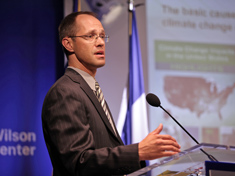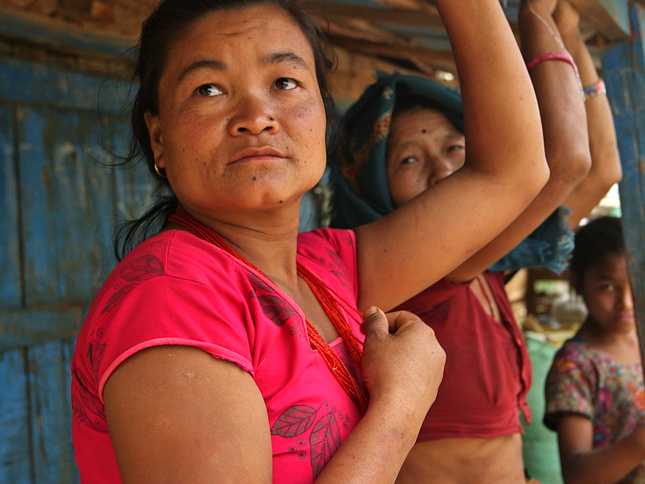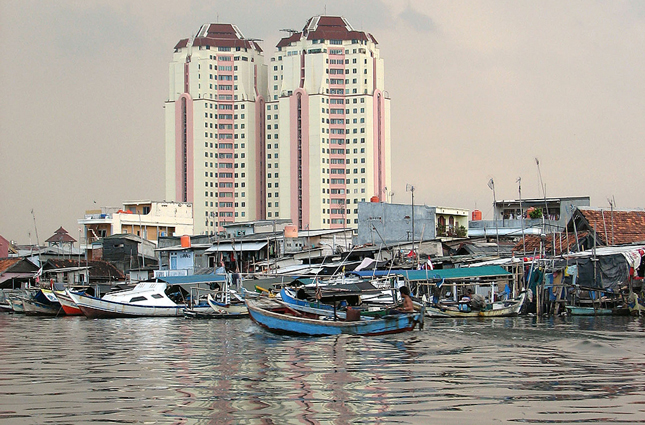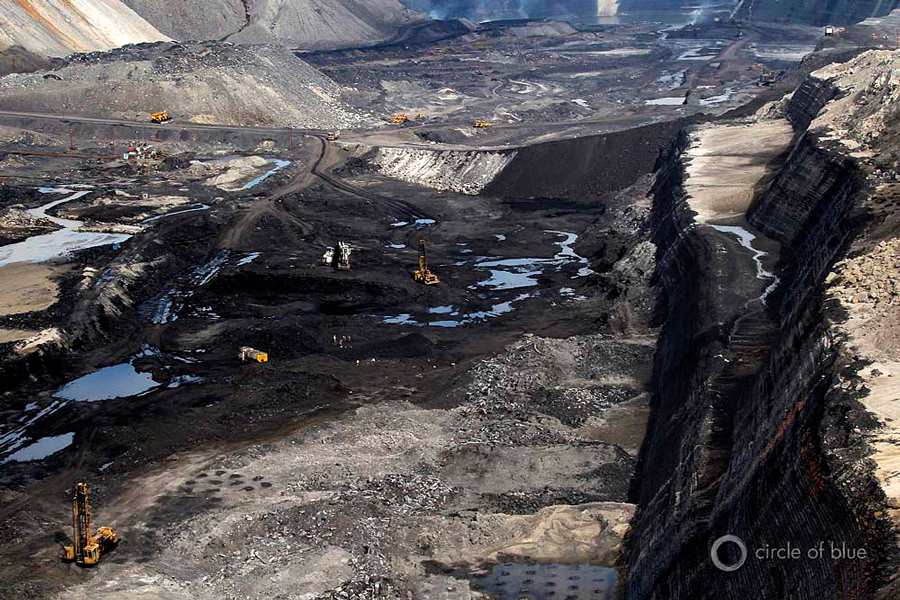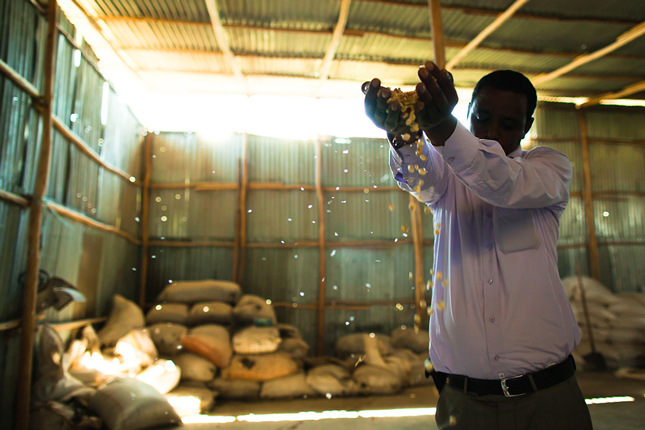-
Somali Refugees Show How Conflict, Gender, Environmental Scarcity Become Entwined
›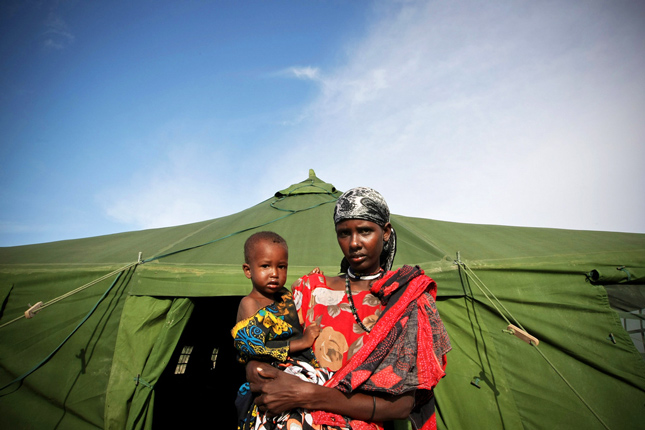
Under international law, someone who flees their country because of conflict or persecution is a refugee, but someone who flees because of inability to meet their basic household needs is not. In the case of Somalia, it is increasingly difficult to make any meaningful distinction between the two.
-
Ian Kraucunas on Bridging the Science-Politics Divide for Climate Change
›
“Climate change is not just a far-away thing that affects far-away people,” says Ian Kraucunas, deputy director of atmospheric sciences and global change at the Pacific Northwest National Laboratory in this week’s podcast. “It affects things people here in the U.S. care about – and, in fact, that includes national security.”
-
Africa’s Trifecta: Food Security, Resilience, and Demographics at the U.S.-Africa Leaders Summit
›August 5, 2014 // By Roger-Mark De Souza
“You can’t build a peaceful world on an empty stomach,” Secretary of State John Kerry said yesterday at a high-level working session on resilience and food security, quoting Norman Borlaug, the father of last century’s “Green Revolution.”
-
Family Planning and Environmental Sustainability Assessment Aims to Shed Light on Pop-Environment Link
›
As global environmental change accelerates, understanding how population dynamics affect the environment is more important than ever. It seems obvious that human-caused climate change has at least something to do with the quadrupling of world population over the last 100 years.
-
New Research Explores Causality of Climate-Related Conflict, Effectiveness of Migration
› Migration is an “extreme” form of climate adaptation, but it does pay off for some, write Md. Monirul Islam et al. in a new article in the journal Climatic Change. In a study analyzing two Bangladeshi fishing communities, one long-established, the other the result of migration, the authors examine the effects of climate-induced migration on livelihood vulnerability.
Migration is an “extreme” form of climate adaptation, but it does pay off for some, write Md. Monirul Islam et al. in a new article in the journal Climatic Change. In a study analyzing two Bangladeshi fishing communities, one long-established, the other the result of migration, the authors examine the effects of climate-induced migration on livelihood vulnerability. -
Don’t Forget About Governance: The Risk of Tunnel Vision in Chasing Resilience for Asia’s Cities
›
Asia is going through an unprecedented wave of urbanization. Secondary and tertiary cities are seeing the most rapid changes in land-use and ownership, social structures, and values as peri-urban and agricultural land become part of metropolitan cityscapes. All the while, climate change is making many of these fast-growing cities more vulnerable to disasters.
-
India’s Faltering Energy Production, Damaged Water Resources Demand Modi’s Close Attention
›India’s new prime minister swept into office in May on a message of aspiration and a reputation for action.
During the nearly 13 years that Narendra Modi served as chief minister of Gujarat before becoming prime minister, his successes included drastically curtailing the number of hours that manufacturers in India’s premier industrial state went without electricity. The state’s transmission grid was strengthened and he promoted the development of 900 megawatts of solar generating capacity (equivalent to a large nuclear plant).
-
Lisa Palmer, Future Food 2050
The Politics of Food Technology Innovation for Africa
›July 22, 2014 // By Wilson Center Staff
As a boy growing up on the shores of Lake Victoria in Kenya, Harvard international development professor Calestous Juma noticed a thing or two about innovations designed to bring more food into his community. He noticed, for instance, that the fishermen were always tinkering with new ways to trap fish while his father, a carpenter, would build the traps. He also noticed that his grandmother, a peanut grower, and other farmers who grew traditional crops such as sweet potatoes, struggled with ways to increase production beyond simply planting the best quality seeds and tubers.
Showing posts from category food security.


